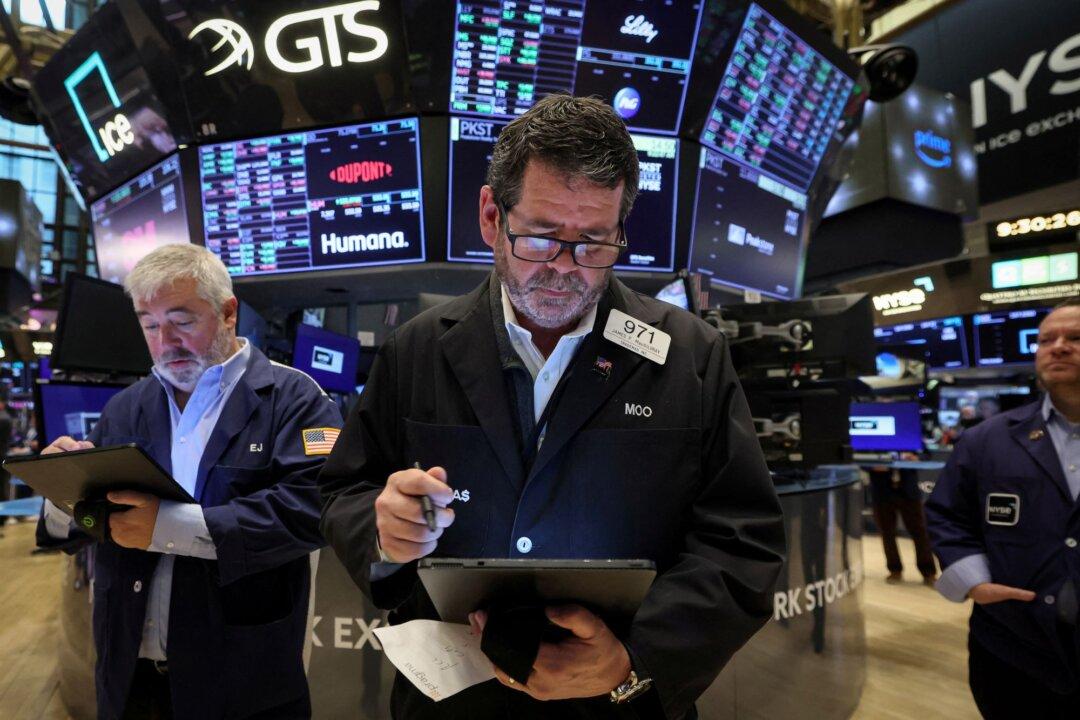The recession has become the talk of the town again in the U.S. economy and financial markets, with many leading downturn indicators flashing red.
In March, The Conference Board’s Leading Economic Index slumped to its lowest level since November 2020, declining by 1.2 percent and deepening into contraction territory.





